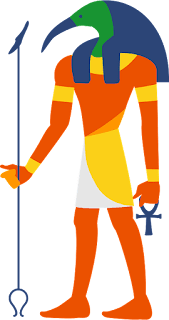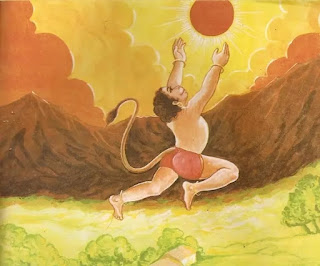Story Lab: Week 4
Week 4 Story Lab
1. Crash Course: What is Myth?
2. Crash Course: Theories of Myth
3. Crash Course: The Hero's Journey and the Monomyth
1. I loved that the writers of the show made it a point to distinguish between myth and religion. If we separate myths from their religious background and treat them as stories that have been passed down, we can critique and analyze them a little more objectively.
I also loved the codified approach to discussing myths. What exactly is a myth? According to the folks at Crash Course, their working definition is as follows:
"A myth is a special type of story that has two primary characteristics: significance and staying power"
Furthermore, their generative approach defines significance and staying power.
"A myth having significance means that the subject matter is about something important, usually something about how the world works. how the world itself got going, or how things came to be. A myth having staying power means that it is a story that has survived centuries, sometimes millennia; this is testament to the deep meaning or functional importance of these stories to the people who hear and tell them."2. Euhemerism: "myths as primitive explanations of the natural world or as time-distorted accounts of long-past historical events"
The genesis of western mythology as a combination of Plato and Christianity is an interesting aspect I hadn't considered. Though with both the Greeks and the Christians, it seems that they want to claim the myths of those who came before them as false and posit their myths as objective truths.
Herder's concept of Volk (etymology of "folk")... a great concept until it was appropriated by the Nazis. I actually did some research on Volk a while back as part of another project on folksong.
Now we tie in psychology... Freud and Jung posit that the source of myth is the unconscious and that mythical creatures are projections of that unconscious.
Joseph Campbell! I was wondering when he'd show up! His codification of patterns in his hero's journey is quite helpful for story building!
3. It would appear that I spoke too soon about The Hero's Journey and the monomyth. But I'm glad that it gets it own video!
Right off the bat, I like how they addressed the predominating "maleness" of heroes.
Heroes journey away from their home to face conflict and return home. Campbell's rendering of the hero allows it to be representative of the psychological journey that we all go through.
Hero's Journey (in 3 parts and 17 subparts)
Part One: Separation
The Call to Adventure
The Refusal of the Call
Supernatural Aid
Crossing the First Threshold
The Belly of the Whale
Part Two: Trials and Victories of Initiation
The Road of Trials
The Meeting with the Goddess
Woman as Temptress
Atonement with the Father
Apotheosis
The Ultimate Boon
Part Three: Return
Refusal of the Return
The Magic Flight
Rescue from Without
Crossing the Return Threshold
Master of the Two Worlds
Freedom to Live
---------------------------------------------------------------------------------------------------------------------




Comments
Post a Comment